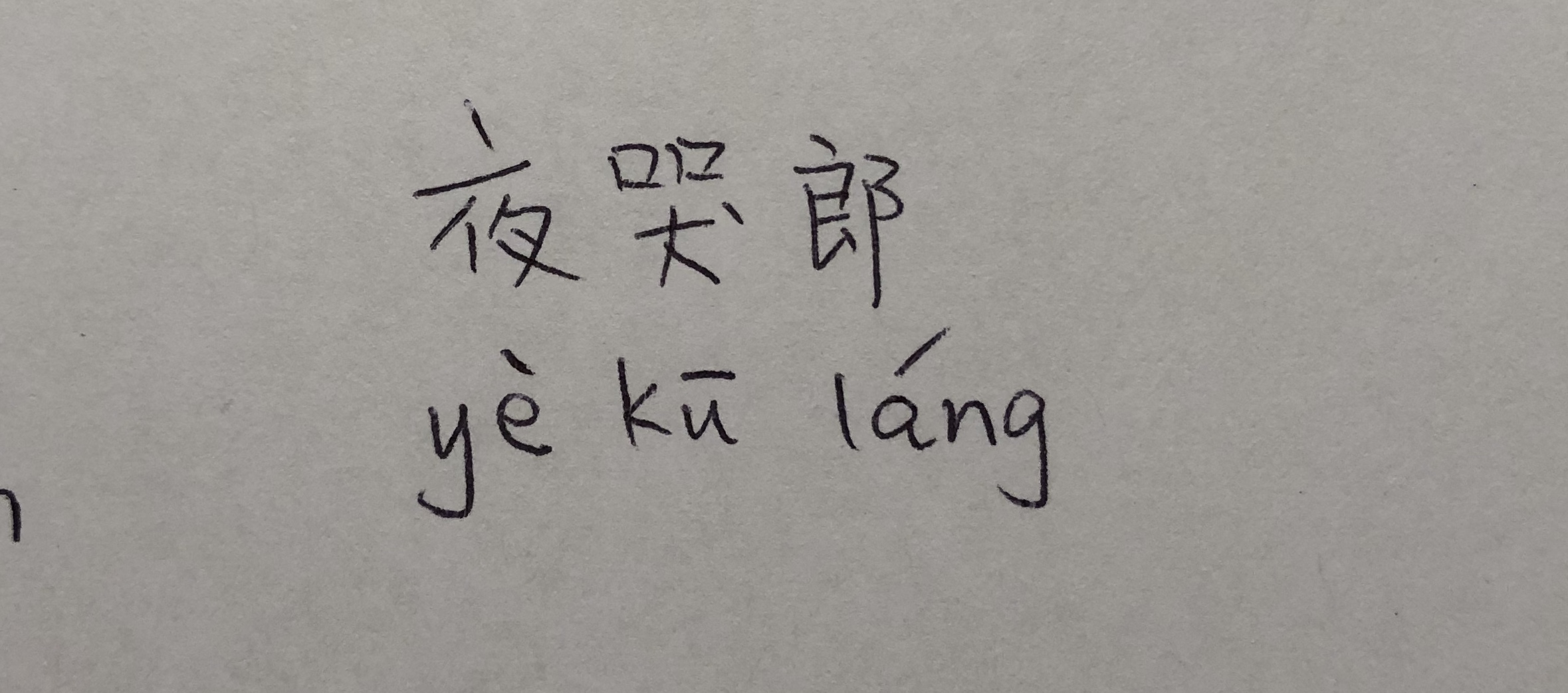Main Piece:
Okay so recently my grandma has started putting bowls of onion around the house, especially with, like, all the new coronavirus stuff. And she’s done this before, but it’s, like, a pretty common thing for, like, Asian people to do when someone is sick because the idea is that, like, the onion is supposed to suck up all the, like, bad stuff in the air.
Interviewer: Okay. So, and this is something that like your grandma does? Um, is it something that your mom does as well?
Informant: It’s just my grandma.
Interviewer: You think this is like an East Asian thing or like Vietnamese specifically?
Informant: I’m not sure, I just know it’s supposed to “cancel out the virus” or something like that. Chopped onions specifically.
Interviewer: Nice. Yeah, is it in strategic locations or is it just like generally around the house?
Informant: That’s a good question, they’re just around the house. She leaves a bowl in my room when I’m coughing.
Interviewer: That’s funny.
Informant: Yeah, it is. I smelt like onions for like a long time.
Background:
My informant is a friend and fellow student at USC. She was raised in the LA area but her family is ethnically Chinese and immigrated from Vietnam so she has multiple East Asian influences in her life. She saw this exhibited by her grandmother and it’s simply been something that’s part of life when her grandmother stays with her.
Context:
I had set up a Zoom call with my friend because she said she had some examples of folklore that she could share with me. This sample was shared during that call
Analysis:
Some research shows that this is a relatively well known Chinese folk remedy. It finds its origins in ancient Chinese foot reflexology. While modern science does not corroborate the effectiveness of foot reflexology, it was believed that the nerves in the feet were access points to the internal organs and foot nerves have been a large part of Eastern medicine for millennia. Where this links to onions in a bowl is that in the 1500s it was apparently believed that placing chopped onion around the house could help protect from the bubonic plague. Some people, drawing from Eastern foot reflexology, would even put chopped onion in their socks. It seems that my informant’s grandmother is practicing a folk remedy that takes inspiration from both ancient Eastern medicine as well as European, plague-time beliefs.
To read more about this belief, see the following website:
Cafasso, Jacquelyn. “Will Putting Onions in Your Socks Cure the Flu?” Healthline, 17 May 2017, www.healthline.com/health/cold-flu/onion-in-sock.

